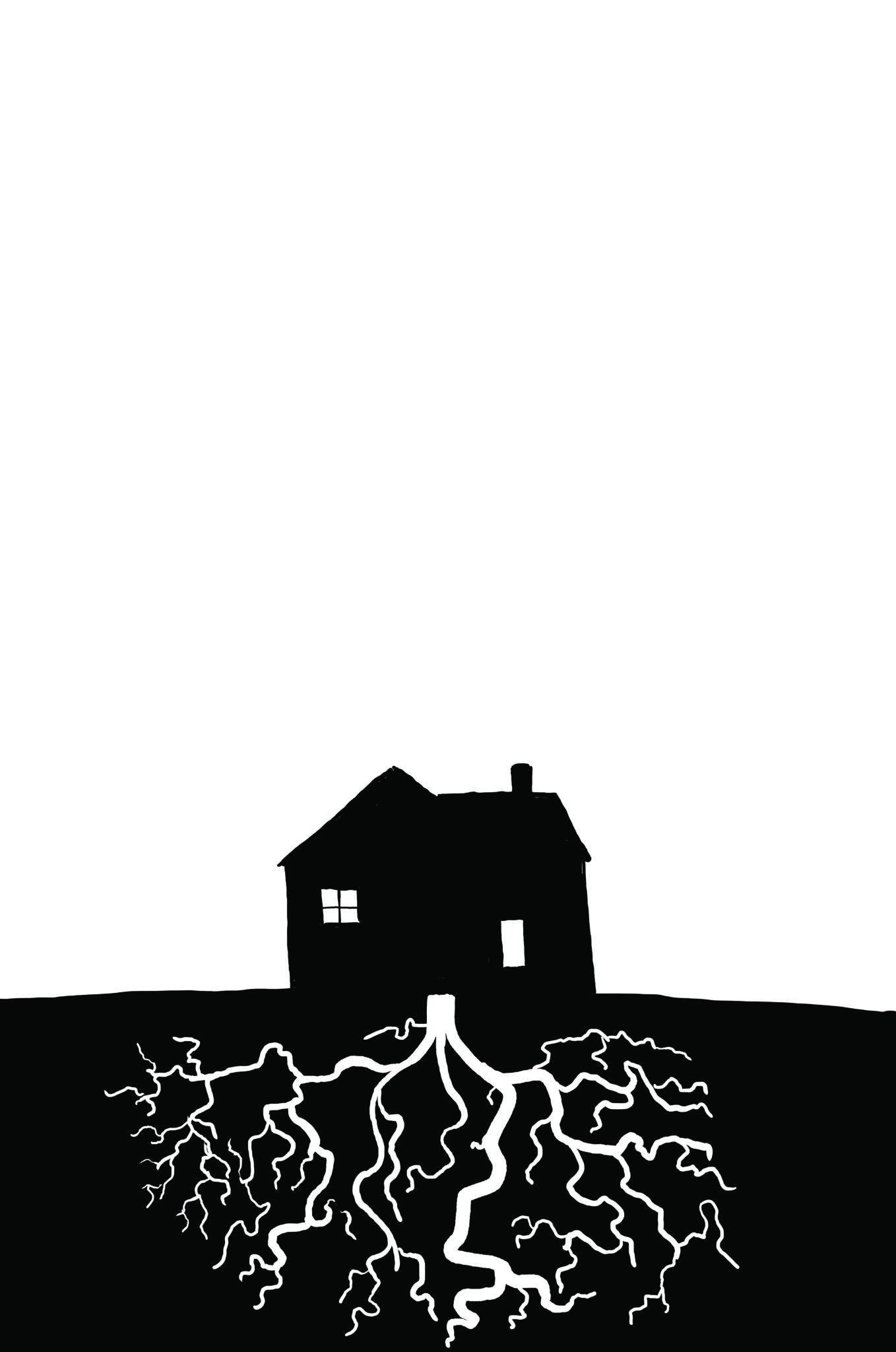
As my first semester at Yale draws to a close and my return to St. Louis swiftly approaches, I’ve been thinking a lot about home. What defines a home? Do I consider Yale to be my home? And, perhaps more disconcertingly, will St. Louis still feel like home when I return for winter break?
Over the course of the semester, through conversations with friends and family, I’ve developed an idea of home as a physical place and psychological space that provides a sense of familiarity and rootedness. Following this definition, I feel as if I’m in a strange, precarious state of equilibrium — at once at home and not at Yale and comfortable with my family in St. Louis, yet physically estranged from that home in small, disquieting ways.
During November recess, I travelled home to St. Louis for the first time since coming to Yale. While driving home from the airport, I was struck by the familiarity of it all. The streets looked exactly the same, though the leaves were more richly colored than when I left in August. My father, who picked me up, had the same smile, warmth and quirky humor. Over the course of the week, I met up with old friends and high school teachers and had conversations that felt remarkably normal, almost as if I hadn’t even left high school. Frankly, I’m not sure what I was expecting — perhaps some drastic, revelatory change of perspective inspired by my metamorphosis into a college student, though I had really only been away for a couple months.
With my return home, I developed a newfound appreciation for things once familiar: the smell of my mother’s cooking, the sensation of showering barefoot, the serenity of working in parallel with my father, the laughter shared with my family. And yet, in discovering a newfound appreciation, in forgetting what was once familiar, there lay my estrangement from home. When showering in the mornings, I would sometimes turn the knob the wrong direction, which, much to my dismay, would result in colder rather than warmer water. This harmless, mundane lapse in my physical memory of the home I once knew so intimately was a result of a habit instilled from months of turning the shower knob the opposite direction in Vanderbilt Hall. The loss of this muscle-memory was unsettling and, in many ways, mirrored the psychological distance from my home in St. Louis.
Though it has only been a couple months, I know I have already changed and will continue to change academically, socially and in a myriad of other ways I can only imagine. My first visit home revealed to me the beginning of these changes. Perhaps most disturbing was the moment I subconsciously called Yale home for the first time — in the middle of a holiday celebrating thankfulness for family. Was this a Freudian slip? What were the implications of such a profane mistake?
Certainly, Yale functionally serves as my home in that all meals are provided and, at the end of the day, I return to my dorm to sleep. However, this functional conception is unsatisfying and doesn’t seem to fulfill the definition of home as a place and space of familiarity and rootedness. As one friend phrased it, this conception falls short because of the lack of ownership one has at Yale. By its very nature, college is infused with a transience: Each year, classes of students move in and out, with new people occupying old dorms. Additionally, developing a sense of home is complicated by the lack of distinction between home and school. Your school becomes your home. Friends, socializing, work and stress suddenly permeate every aspect of life.
This lack of separation was definitely a difference from my high school experience and likely contributed to the groundlessness I felt for my first couple of months at Yale. Like a spider plant dangling mid-air, I felt happy but uprooted, lacking in the kinds of firm connections that could make Yale truly feel like home. At least in my case, I think part of the rootlessness I felt stemmed from the newness of college and the whirlwind of essays and activities to participate in.
In certain respects, though, Yale has now come to feel like home. With the accumulation of Yale-specific habits and the development of a network of close friends, I feel much more grounded. I now have a physical familiarity with the routine of walking to classes, the feel of cobblestones beneath my feet and the weight of various gates across campus — the distinct amounts of resistance and the knowledge of when to push or pull. I can also depend on Yale as a steady psychological space in terms of the reliability of friends, the pattern of classes and the routine of reading and writing. Perhaps most important in grounding me has been the development of tentative friends. Saying hello to acquaintances in passing, having dinner with my FroCo group and casually discussing how my day went with suitemates have all contributed to the formation of a network of roots that have pulled me into the rich soil of Yale. Though these roots are not yet nearly as strong as my ties to family, the multitude of tender, fledgling connections strengthen each day and have room to grow over the next four years.
Selena Lee | selena.lee@yale.edu







